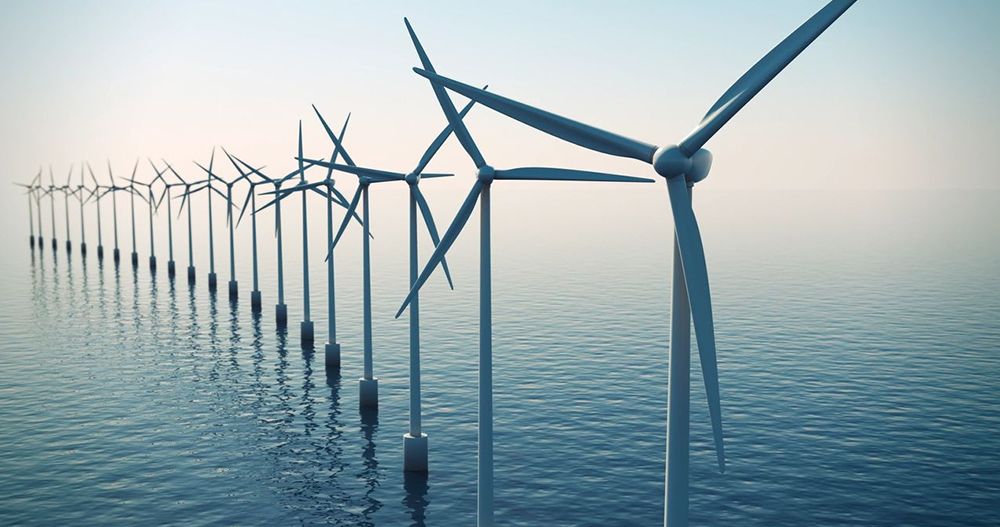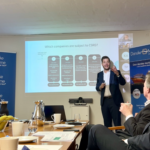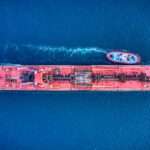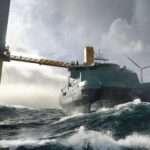Is there more to sustainability?
Sustainability is one of the new mega trends in the maritime industry. The industry has for many years avoided the focus of the consumer – that has now changed. A recent report from Unilever shows that a third of the consumers would prefer sustainable brands.
This leads to the question – What is sustainability? We often talk about sustainability in an environmental context. In 2005 the World Summit on Social Development identified three main pillers of sustainability. Sustainability focuses on meeting the needs of the present without compromising the ability of future generations to meet their needs. The investment and banking corporation ING predicts in it’s recent sector analysis that future investors in maritime industry are more likely to invest in shipping companies with sustainable initiatives.
Three pillars of sustainability
Economic Sustainability
This refers to practices that support long-term economic growth without negatively impacting social, environmental, and cultural aspects of the community.
Social Sustainability
The ability of a community to develop processes and structures which not only meet the needs of its current members but also support the ability of future generations to maintain a healthy community.
Environmental Sustainability
This refers to harvesting renewable resources that can be continued indefinitely, minimizing pollution creation, and avoiding non-renewable resource depletion.
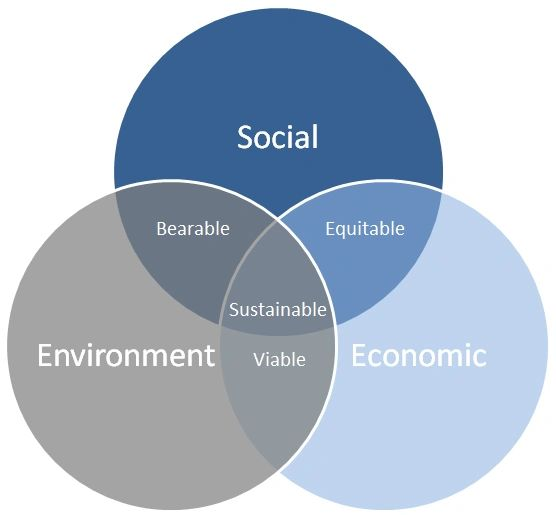
Source: European Union 2018
Where are we heading?
The process of regulating vessel emissions is reaching a mature stage – where are regulators looking next ? One can only guess! One of the areas missing attention is vessel maintenance – one could ague that a greener profile of a vessel should be defined is a larger context including the maintenance, spare-parts, logistics and crewing.

